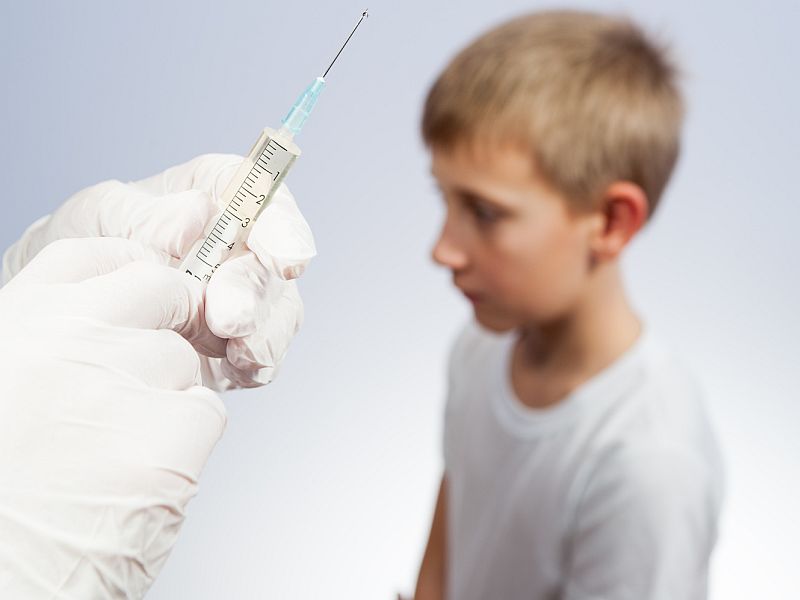
Living in the city can be hard on the senses and the spirit, but spending some time in a tree-lined park could counteract that stress, new research suggests. “Over a three-month period, we collected tweets from 4,688 Twitter users before, during and after they posted from the park,” explained study author Aaron Schwartz. He’s a… read on >






























